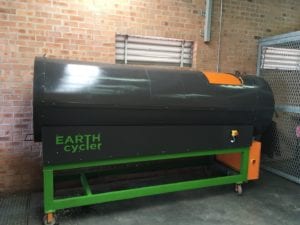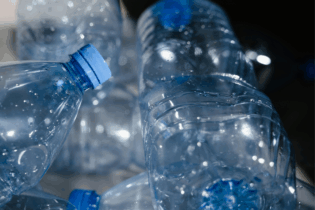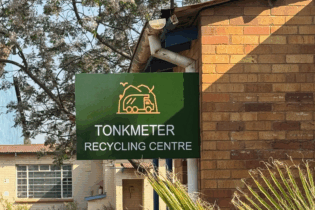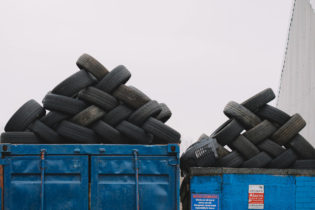With only six years of municipal landfill airspace left, the cities of Johannesburg and Cape Town are implementing programmes to reduce the volume of waste going to municipal landfills in order to avoid ‘Landfill Zero’.
Johannesburg has already implemented a compulsory dry recycling programme for some of its residents, but what about organic waste? Most organic waste goes to a landfill. A CSIR audit showed that in Ekurhuleni, 60% of all household waste is organic. On a national level about 40% of all waste going to landfills is organic. When organic waste is landfilled it rots and produces methane, which is 23 times more damaging to the environment that CO2. It also attracts pathogens, pollutes water sources and attracts flies and rats. South African company Earth Probiotic has developed a food waste composting machine for food waste coming from hotels, universities and office parks. This South African composting machine, the “Earth Cycler” can process up to 5 000 kg of waste per month.The Earth Cycler
The automated composting machine is currently installed in Zambia, Mozambique, Botswana and South Africa.In Botswana, the Earth Cycler will manage food waste at a luxury safari lodge. As the unit is enclosed and does not emit odours it will not attract animal scavengers. An additional benefit is that can also process waste paper and cardboard – a commodity that’s expensive to store and move to recycling facilities.
In Johannesburg, the Earth Cycler has been placed at the Standard Bank Office Park in Roodepoort. Here it will process food waste from the canteen as well as paper hand towels. The machine is specifically designed for ease of use and robustness, and operators are guided through a loading procedure which measures the amount of food waste added and then directs them the minimum carbon requirement for effective composting. Other than the loading procedure, all other processes are fully automated. The Earth Cycler is extremely energy efficient, relying on natural aeration and bacterial action, and can also be solar powered. Additional services include remote management and live data capability. Data dashboards can display food waste volumes processed, CO2e saved, landfill airspace saved, potential carbon tax exposure – all key in reporting the environmental ROI of on-site food waste composting.






